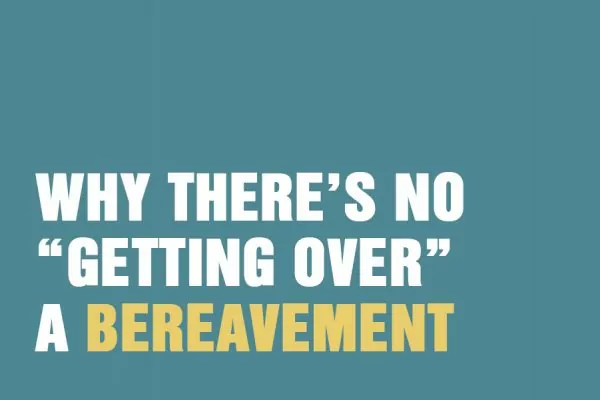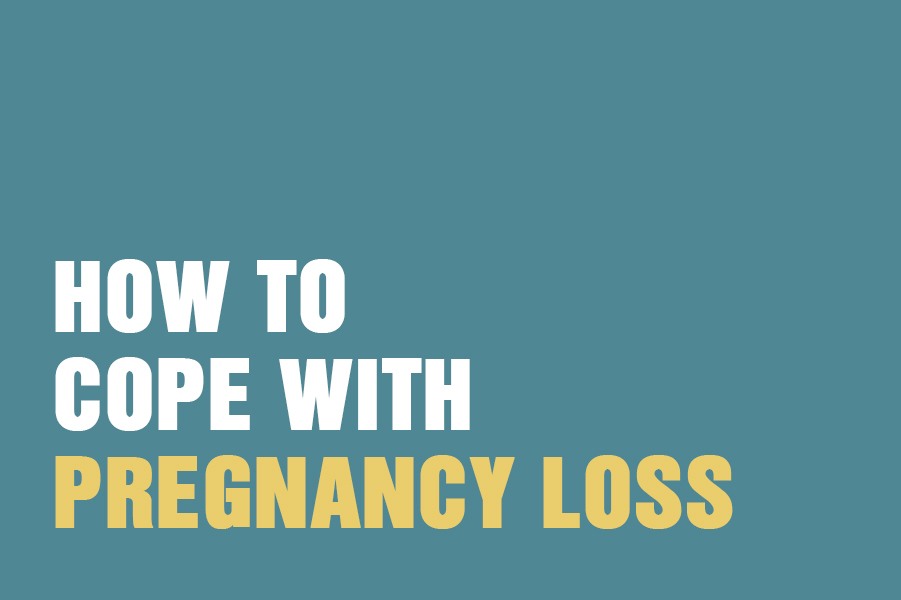Bereavement is a terrible blow. Death and loss are an overwhelming and difficult experience for anyone. So, if someone close to you is going through this – what can you do? What can you say?
In the UK approximately 13,000 people a week die. Every one of those 13,000 deaths will put friends and relatives into a morass of loss and other painful emotions. It is a common enough event for us to think we should know what to do when it happens to someone close to us, and yet, it is not something we ever really talk about, so how can we know?
Understanding Bereavement
There are so many books on the topic that you could open a bookshop solely dedicated to bereavement and grief, but there is no fixed or prescribed way for a person to get through this. Everyone experiences grief differently; there is no right or wrong way to go about it, but grief reactions can make all the difference to the grieving process. Not everyone will experience a particular number of stages, and there is no set amount of time to get over a loss.
The idea that there is a series of emotions they should be experiencing can make someone who is grieving feel that they are doing it wrong, or that they should be over it by now and are a burden to you. Bereavement therapy can support you in managing your emotions and coming to terms with loss, and it can also help you provide bereavement support to someone who is grieving in a way that doesn’t make them feel isolated or alone.
A mental health professional can help you come to terms with your loss, and can help those who maybe feel sad or feel guilty that they’ve said the wrong thing or acted the wrong way towards someone who is grieving.
Outside of bereavement counselling, there are a few things you can do and say to help a grieving friend or family member through the grieving process in a supportive and healthy way. If you find it hard to know what to say, in this blog, we’ll discuss some tips that could be useful when trying to comfort a bereaved person.
How to Help a Grieving Person
Grief is overwhelming and everyone has to find their own way through it, so the most valuable thing you can do is to be with them and not shy away from the fact of this death or the pain left in its wake. So, rather than trying to think of “the right thing” to say, ask your friend or loved one how they are. Let them know you are really listening to their answer and that you are prepared to just be with them through this. Listening is the single most important thing you can do for a bereaved person, even if they are not saying anything and you are silent together. Sometimes, the best thing to say to someone who is grieving is nothing at all.
Online Forums for a Bereaved Person
Nine years after the death of his father by suicide, the rapper Professor Green wrote a song called Photographs about the way that people wish that they’d had more time with the person they lost. He started a hashtag: #wishthatitookmorephotographsofus which has become a forum for grieving people to share photos and stories of their loved ones. Scrolling through it is a very moving testimony of how isolating grief can be and how many people just want the world to bear witness.
It could be comforting for a bereaved friend or family member to scroll through a forum such as this so that they know they are not alone in how they feel. You could recommend some forums for them that offer bereavement support and make people feel heard, even if it’s to complete strangers. For some people, it might be easier for them to turn to online strangers than their close friends for social support. Try not to feel offended if this is the case.
Knowing When to Step Back from a Grieving Friend or Family Member
People want you to see and understand what has been lost without necessarily offering advice or saying anything. Of course you want to make things feel better for them, but perhaps you can’t and perhaps they don’t want you to.
Your instinct to cheer people up, help or fix things is very understandable, but it doesn’t actually work. There is a Robert Frost poem in which he says, “The only way out is through”. It sounds counterintuitive, but it is true that the only way you can really help a person in pain is to let them be in pain. Don’t try to stop it, but acknowledge it and let them go through it. This won’t fix them or make everything alright, but they want to be witnessed, and that genuinely can make things feel better.
There is a danger in trying to “fix” someone who is grieving, that they will start to mask their grief or act as if they are okay when they aren’t, because they don’t want to disappoint you. Sometimes the best thing we can do is to be with someone in the darkness, rather than trying to drag them into the light.
So, sitting quietly and letting a friend or family member who is grieving live through their own experience and allowing them to feel heard without desperately trying to fix things could help.
What Not to Say When Someone is Grieving
As mentioned, you might not know what to say to someone who is grieving, and whilst there’s no right or wrong way to experience loss, there are some things that you should avoid saying to someone who has lost a loved one. They include:
- I know how you feel
- They had a good innings, it was their time
- They are in a better place
- There is a reason for everything
- This is God’s plan
- You’ll get over it
- You are very brave/strong/stoic
- Be brave/strong
- It’s been xx months/years, time heals, aren’t you feeling better yet?
- You could meet someone else/have another child/you still have your siblings/mother
- What really helped me was…
Saying the above could make a person feel like you’re minimising their loss or downplaying it, or that you’re trying to turn it around on you. Sharing experiences can be useful, but try to only give advice if it’s asked for. Saying the wrong thing could frustrate or upset the grieving person further, and it could even have a negative effect on their mental health if they feel like they’re burdening you and should be over their guilt.
What to Say to Someone Who is Grieving
Instead of saying the above, try and use the below statements as a guide when talking to a bereaved person:
- I am so sorry this has happened
- I don’t think I have the right words, but just want you to know I am thinking of you and I care
- I am here to help in any way I can
- What were they like?
- I remember them, my favourite memory is…
- Nothing, just be with them
The idea is to show that you know something very sad and difficult has happened and no one really knows what to say in the face of such dreadful sadness, but you are there for them. Ongoing support is what they need, so ask them what you can do to help and oblige, even if that means sitting in silence or simply running errands until they feel well enough.
Bereavement Support at The Awareness Centre
If you would like some support or need a safe space in which to open up about your feelings in response to loss, therapy could be an option for you. We have a team of bereavement counsellors who are specialists in bereavement and loss and can provide empathetic support. Just call 020 8673 4545 or email [email protected] for a confidential appointment.







